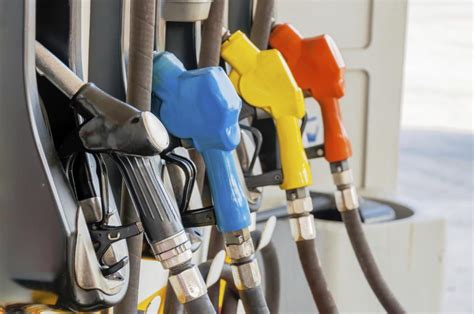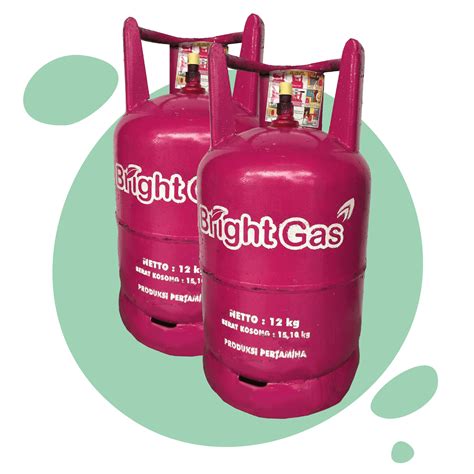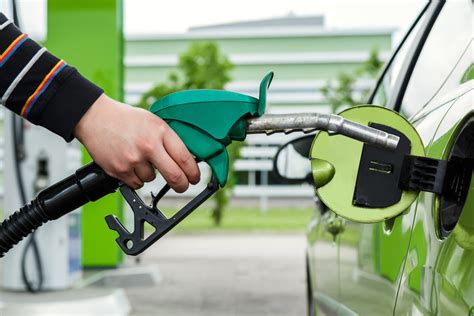The Premium Puzzle: Unpacking Octane and Performance
It’s a common dilemma at the pump: staring at the different octane ratings and wondering if springing for the more expensive ‘premium’ fuel will give your car a noticeable boost. The myth persists that higher octane automatically means better performance or a cleaner engine. However, the reality is far more nuanced, rooted deeply in engine design and fuel chemistry rather than marketing.
What Exactly is Octane Rating?
Contrary to popular belief, octane rating isn’t a measure of fuel’s energy content or purity. Instead, it’s a measure of fuel’s resistance to pre-ignition, also known as ‘knocking’ or ‘pinging.’ In an internal combustion engine, fuel and air are compressed before being ignited by a spark plug. If the fuel ignites prematurely due to excessive compression and heat, it causes an uncontrolled explosion – the knock – which can severely damage engine components over time.

A higher octane number indicates greater resistance to this premature detonation. Regular gasoline is typically 87 octane, mid-grade usually 89, and premium fuel is often 91 or 93 octane.
Engine Design: The Ultimate Arbiter
The need for a specific octane level is determined by an engine’s compression ratio and design. High-performance engines, particularly those with high compression ratios, turbochargers, or superchargers, generate more heat and pressure within the cylinders. These engines are specifically tuned by manufacturers to operate efficiently with higher octane fuel, which prevents knocking under these extreme conditions.
Modern vehicles are equipped with knock sensors that can detect pre-ignition. If a lower octane fuel is used in an engine designed for premium, these sensors will signal the engine’s computer (ECU) to adjust timing and boost pressure. While this prevents damage, it also reduces power and fuel efficiency, effectively negating any perceived cost savings.

When Higher Octane is Truly Necessary
There are clear scenarios where using higher octane fuel is not just beneficial, but essential:
- Manufacturer Recommendation: Always follow the recommendation in your vehicle’s owner’s manual. If it specifies ‘premium fuel required,’ then using anything less can lead to engine damage and reduced performance.
- High-Performance Vehicles: Sports cars, luxury sedans, and performance-oriented SUVs often have engines designed for premium fuel due to their advanced engineering and power demands.
- Turbocharged/Supercharged Engines: Forced induction significantly increases cylinder pressures, necessitating higher octane fuel to prevent knocking.
- Towing or Heavy Loads (for some vehicles): In certain situations, an engine under extreme stress might benefit from higher octane, but again, consult your manual.

The Myth of Premium for Regular Cars
For the vast majority of vehicles on the road – those designed to run on regular 87 octane gasoline – there is absolutely no benefit to using premium fuel. Pouring 91 or 93 octane into a car designed for 87 octane will not increase horsepower, improve acceleration, or clean your engine. Your engine’s computer is designed to optimize performance for the recommended fuel; it simply won’t know how to extract extra power from a higher octane fuel it doesn’t need.
Essentially, you’d just be paying more for fuel that offers no tangible advantage for your specific vehicle. This extra cost translates directly into money drained from your wallet without any performance gain or additional engine protection.

Conclusion: Follow Your Owner’s Manual
The answer to whether higher octane fuel boosts performance or just drains your wallet is clear: it depends entirely on your vehicle. For cars whose manufacturers recommend premium fuel, it’s a necessity for optimal performance and engine longevity. For cars designed for regular gasoline, premium fuel is an unnecessary expense with no benefits.
Always consult your vehicle’s owner’s manual to determine the correct octane rating for your car. Sticking to the recommended fuel ensures your engine runs as it was designed, saving you money and preventing potential performance issues.





